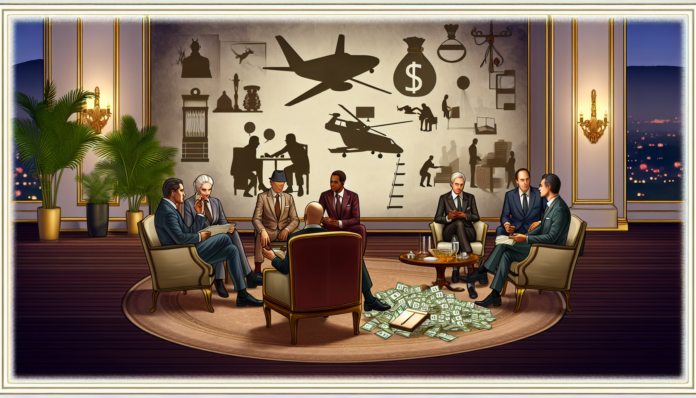Introduction
In 1998, the world watched as President Bill Clinton faced an extraordinary scandal that rattled the foundations of American politics. His affair with 22-year-old intern Monica Lewinsky became the subject of intense media scrutiny, ultimately leading to Clinton’s impeachment by the House of Representatives. The scandal not only revealed the intimate details of their relationship but also ignited a nationwide debate about morality, power, and privacy in the political arena. At the time, America was navigating a complex landscape of sexual liberation and conservative backlash, making the affair emblematic of the era’s clash of values.
The Scandal
The affair began in 1995 when Lewinsky, a White House intern, and Clinton engaged in a consensual romantic relationship that included sexual encounters in the Oval Office. The situation escalated when Lewinsky confided in a friend, Linda Tripp, who secretly recorded their conversations, leading to the exposure of the affair.
- Key Events:
- 1998: News of the affair broke, coinciding with a televised interview where Clinton famously declared, “I did not have sexual relations with that woman, Miss Lewinsky.”
- Investigations: The scandal spurred a lengthy investigation by Independent Counsel Ken Starr, which delved into Clinton’s actions and ultimately led to charges of perjury and obstruction of justice.
Public reactions were intense. Polls indicated a complex sentiment: while many Americans disapproved of Clinton’s actions, they were also largely sympathetic toward him, viewing the affair as a personal matter rather than a political failing.
Moral and Cultural Analysis
Society’s Reaction
The late 1990s were a transformative period in American culture, oscillating between traditional values and growing permissiveness around sex and relationships. Clinton’s scandal underscored this tension, provoking major discussions about sexual ethics, power dynamics, and accountability in politics.
- Consequences for Those Involved:
- Clinton faced impeachment charges in 1998 but ultimately was acquitted by the Senate.
- Lewinsky, despite being a key figure in the scandal, experienced significant public shaming and isolation, transforming her from a political intern into a cultural touchstone of infamy.
Modern Perspectives
Today, the reactions to the Clinton-Lewinsky affair would likely differ considerably:
- Increased Sensitivity: Contemporary views on power dynamics have evolved; the implications of a relationship between a powerful man and a young intern would raise serious concerns about consent and coercion.
- #MeToo Movement: The cultural landscape has shifted significantly since the late ’90s, with the #MeToo movement reframing discussions around consent, coercive power, and harassment in both personal and professional settings.
In many respects, the Lewinsky scandal serves as a dual reflection of its time—an intersection of personal choice and public scrutiny while foreshadowing the complex discourse surrounding sexual relations in today’s political landscape.
As we explore the intricacies of affection and betrayal within political dynasties, the legacy of such scandals continues to influence societal norms and expectations around both love and duty at the highest levels.

